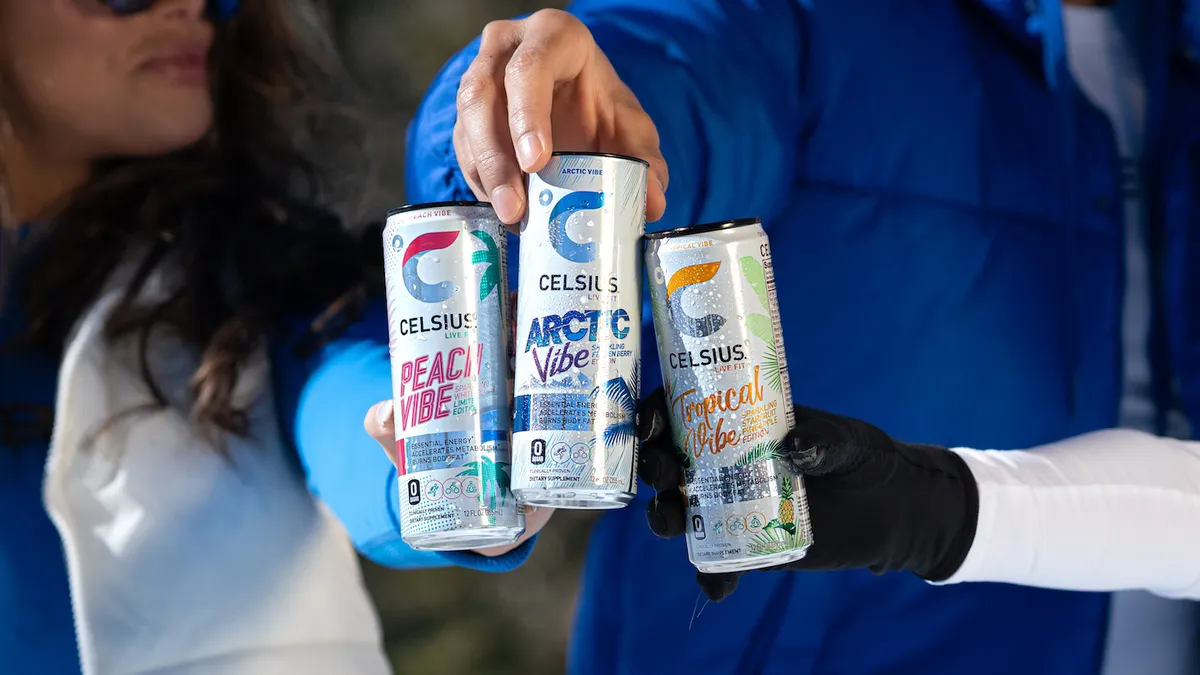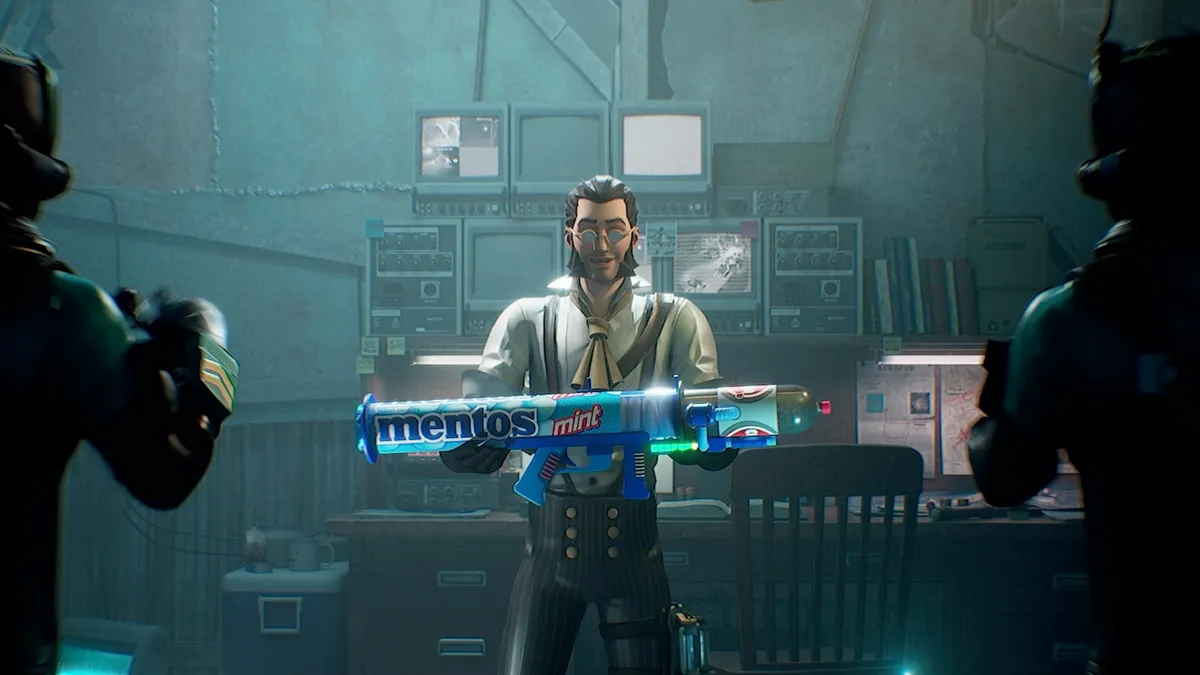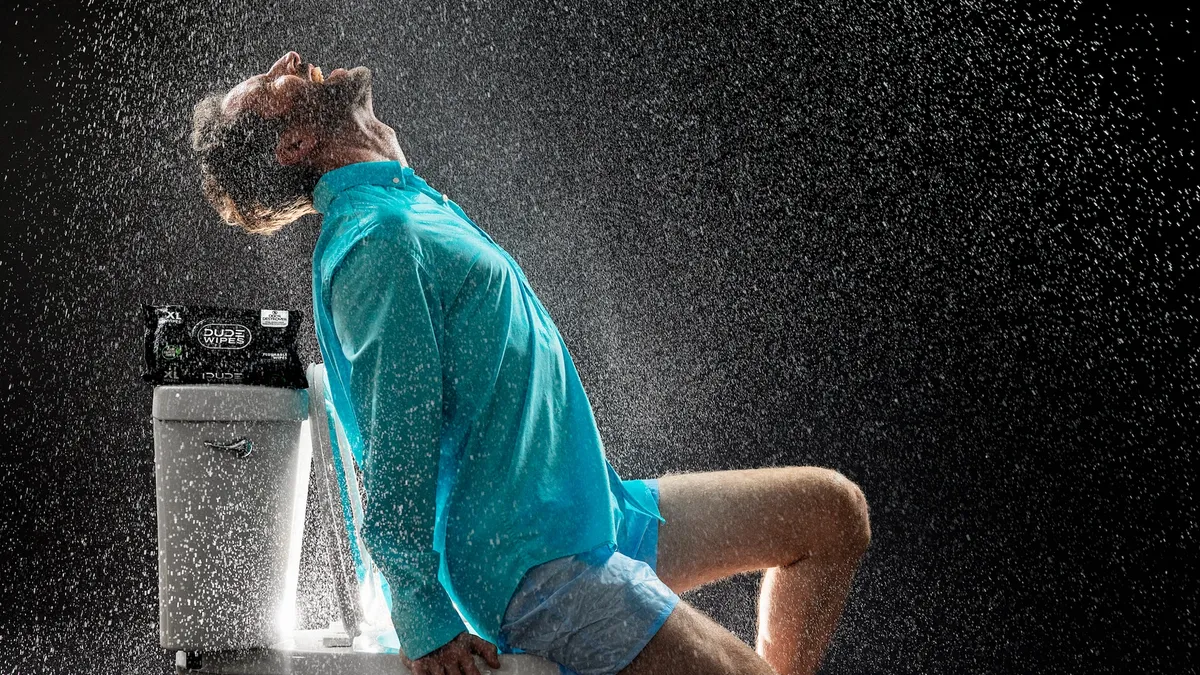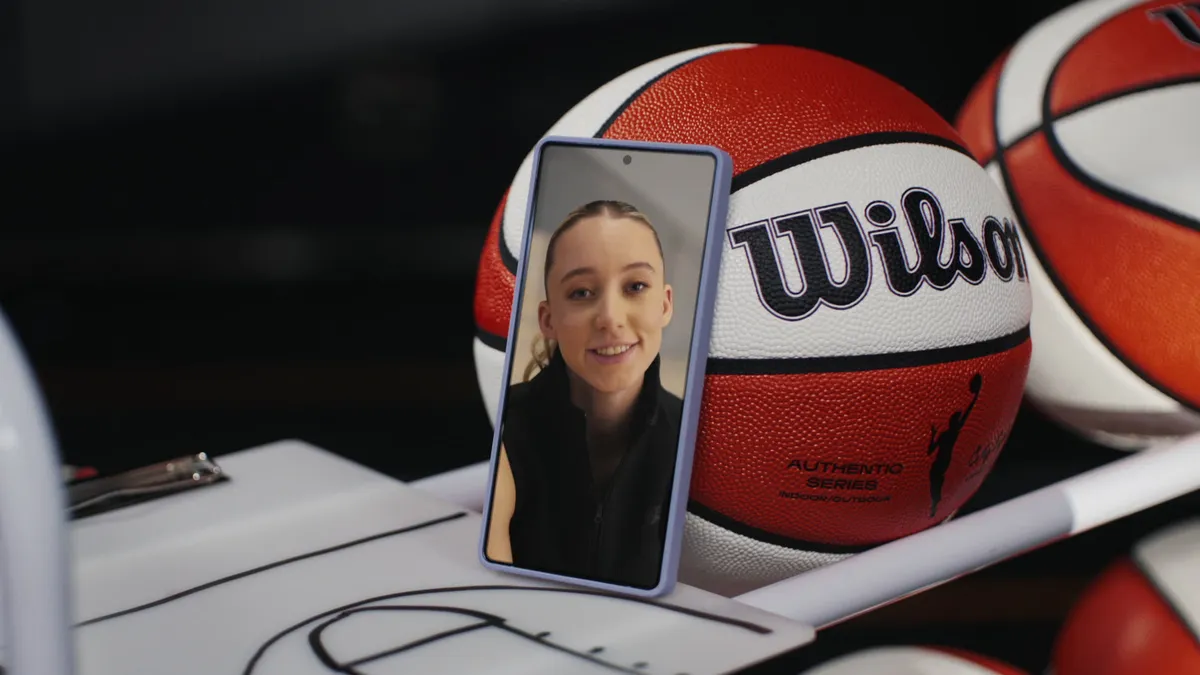Roughly a year after receiving a mammoth $550 million investment from PepsiCo, Celsius is on a tear. The sparkling energy drink brand in August inked a multiyear deal with Major League Soccer (MLS), its first national sports sponsorship and one that anticipates the 2026 World Cup. The sports marketing play, which followed work with the team Inter Miami CF, arrived ahead of superstar Lionel Messi joining the league and delivering a bump in popularity that some view as a sign that soccer is gaining a stronger foothold in the U.S.
Beyond the sporting arena, the marketer has forayed into foodservice, recently striking agreements to be sold in Jersey Mike’s and Dunkin’ locations nationwide. Capitol Hill has secured its own Celsius vending machine, and celebrities Jake Paul, Shaun White and Sara Sampaio are endorsers of the beverage.

With the wider sales network and public face has come an outpouring of product variants. The Florida-based company, which touts a “Live Fit” mantra, has both a core and Vibes line of energy drinks that come in slender cans, as well a growing assortment of powders that can be mixed into beverages for the on-the-go consumer.
The feeling that Celsius, which first hit the market in 2004, has started cropping up everywhere is reflected in sales. Parent Celsius Holdings grew revenue in North America by 114% year-over-year in the second quarter to reach $311 million, and the company is eyeing a bigger global footprint. Below, Marketing Dive spoke to CEO John Fieldly about the MLS tie-up, the influence of PepsiCo and keeping a disruptor’s edge on an increasingly broad stage.
This interview has been edited for clarity and brevity.
MARKETING DIVE: Two years ago this month, you were talking to my colleague at Food Dive about Celsius’ pandemic growth and said that you didn’t want the brand to be your “grandfather’s energy drink.” Has your M.O. changed at all?
JOHN FIELDLY: We’re bringing new consumers to the category. We’re not your grandfather’s energy drink. Celsius is all about living fit, living life to the fullest, inside or outside the gym. We’ve got some new flavors that we’ve been able to bring to market that truly differentiate us in the energy category. Our functional ingredients really separate us from the pack. In a post-COVID world, Celsius aligns perfectly with everyone trying to live better.
Speaking on the fitness positioning, could you give more color on how the MLS deal came together?
FIELDLY: It’s really the first national sports league that we’ve partnered with. Initially, we partnered with Inter Miami. We didn’t even know Messi was going to show up. When you look at MLS, it’s really growing with Gen Z. Our targeted consumer base is 18 to 24, male and female. Soccer is becoming so widely known in the U.S. and continues to grow exponentially. In addition, you have the World Cup coming in just a few years. There’s going to be a lot of excitement around that.
When you look at the MLS, Celsius has sponsored the extra time. We’re bringing that essential energy to help everyone power through that extended time at each and every game. The partnership’s working. We’re in our first season with them and we’re looking forward to further partnering with MLS and a variety of other partnerships coming up in 2024 as well.
You mentioned that Messi joining the league was a surprise. How has that affected the response to Celsius?
FIELDLY: It has really brought additional focus and broadened the consumer fanbase with the MLS at a variety of games. It’s really helped out the league in taking it to the next level.
Has any of this affected your internal thinking around Celsius’ marketing machine? Have you brought on more marketing people and are you working with more agencies?
FIELDLY: We do use some agencies for specific functions. But we really are building out our teams internally in sports marketing, digital teams, social teams and influencer teams. We have a lot of new team members that have joined us this year and it’s really all internally grown. With sports marketing, we see that as a great opportunity to reach our targeted 18-to-24 male and female consumers. With sports like the MLS, it allows us to hit that younger demographic.
You’ve mentioned the 18-to-24 demographic a few times. Have you thought about expanding your audience purview at all?
FIELDLY: We’ll obviously change some of our strategies. But right now, we’re still really focused on Gen Z. We’re going to continue to build upon our teams and our strategies. Last month, we graduated 170 college students [as part of the Celsius University ambassador program], who represented 65 colleges around the country. We have 170 students that come in, we educate them on operating a consumer products business.
Shifting gears a bit, I wanted to talk about foodservice. Celsius is now at Dunkin’ and Jersey Mike’s Subs. How are you approaching that channel?
FIELDLY: We’ve never been in foodservice. This is a new frontier for us. You see an expanded usage occasion versus traditional energy drinks. A lot of times, energy drinks are almost an appetite suppressant. A lot of our consumers have a Celsius with lunch. That’s a differentiator from traditional energy. Foodservice we think could be a big play. We also have some on-premise opportunities where we could do mocktails. That’s untapped.
The Dunkin’ partnership, in particular, is interesting. You would think Celsius would compete with their coffee offerings.
FIELDLY: That was part of the partnership with [PepsiCo]. Consumers will buy a drink from Dunkin’ — a coffee or another offering — and then they’ll grab a canned product for the afternoon.
On the PepsiCo deal you struck last fall, which is focused on distribution: What other growth has that unlocked?
FIELDLY: We’ve further expanded into convenience, there’s on-premise and colleges and universities with the Celsius U program. Pepsi also unlocks a big opportunity internationally. The same health and wellness trends that are in the U.S. are global trends. The world is so small, we’re just a click away now.
Have you taken any pages from PepsiCo’s marketing playbook? What you’re doing with MLS could mirror what they’ve done with the NFL.
FIELDLY: We’re just coming up on our first year, which has really been focused on distribution. The transition has been the main priority. When we look forward, the big opportunity is new ways to partner through supply chain, through marketing initiatives. They do have some of the best properties out there.
On media mix, are you taking advantage of retail media in any way, either through e-commerce channels or in-store?
FIELDLY: That’s extremely important. We live in an omnichannel world. Leveraging multiple platforms — from e-commerce to grocery pickup and grocery delivery — has to be part of your overall mix for today’s consumer that’s on the go.
Coming full circle: Celsius is positioned at the moment as a disruptor. But you’ve now got a national presence in the sponsorship arena, in foodservice and in retail partnerships. How do you plan on keeping that edge?
FIELDLY: In the last 12 months, we’ve scaled rapidly. We’ve got to continue to be nimble and be able to connect with our consumers in a meaningful, emotional way and fill those need states. That’s going to be really critical for us, to be able to continue to stay with the trends that are out there in the marketplace.























